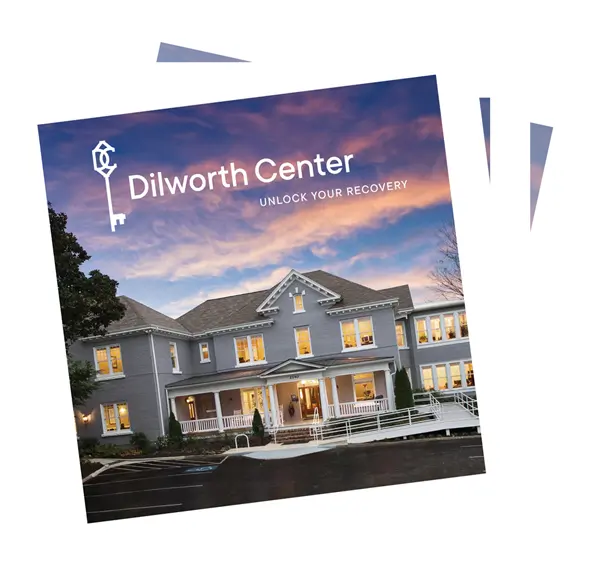Family Programs
Addiction seriously affects family members and loved ones. We believe they should be offered compassionate understanding and help toward recovery as well.
At Dilworth Center, we believe in offering compassionate understanding and comprehensive support to families navigating the challenges of substance use disorders and co-occurring mental health conditions.
Our Family Programs are designed to involve family members in the recovery process
The importance of family participation in addiction treatment cannot be overstated, especially for adolescents and young adults. Families play a crucial role in the recovery process, helping to create a supportive environment that fosters long-term sobriety and mental health. Our programs provide families with the education and tools they need to support their loved ones effectively. Whether your loved one is in an adult IOP, young adult IOP, or any other intensive outpatient program in Charlotte, your involvement is key to their success.




We Had a Great Experience.
“While our son was working on his recovery, we as family members were working on what we needed to be doing differently. The family group is a safe way to look at those things. You are sitting in a room with people who really understand what is going on. It’s really comforting to have that support.”
–Cliff, Dilworth Center Family Alumnus
Reach Out—You’re Not Alone.
Family treatment consists of education and support including:
- Family group therapy
- Multi-family group therapy
- Individual sessions
- Family therapy sessions
- Al-Anon and Nar-Anon
At Dilworth Center, we understand that addiction affects the whole family. Our programs provide support through family group therapy, where loved ones learn about recovery and healthy communication. Multi-family group sessions offer a shared space for connection and encouragement, while individual and family therapy sessions help rebuild trust and strengthen relationships. We also encourage participation in Al-Anon and Nar-Anon for added peer support. These services equip families with the tools to heal alongside their loved one on the path to recovery.




We Can Help You Learn…
- How the disease of addiction affects family members.
- How family members need healing just as much as their addicted loved ones.
- How to pursue personal healing and recovery.
- How to engage in less uncomfortable or hostile communication patterns with addicted loved ones.
- How to develop a strong understanding of denial, enabling, detachment, and boundaries.
- How unhealthy coping skills could be derailing their loved one’s progress in recovery.
- How to implement healthy behaviors to support their loved ones.
- How consistent Al-Anon meeting attendance can help even the most challenging family situations.
- How to rebuild relationships that have suffered as a result of living with the disease of addiction.
Family Program Schedule
Our family program is structured in conjunction with the patient treatment program, allowing family members and patients to work together to heal relationships that have been strained by addiction. Upon entering treatment, patients are assigned a primary counselor as well as a family counselor. Our family counselors join with family members weekly in family group, multi-family groups, individual sessions, family conjoint sessions, and phone sessions. Family members are given as much support as necessary to facilitate growth and healing.
Family Program
(16/18 Weeks)
| Tuesday | 6:00 PM to 9:15 PM |
| Thursday | 6:00 PM to 9:15 PM |
| Saturday | 9:00 AM to 12:15 PM |









